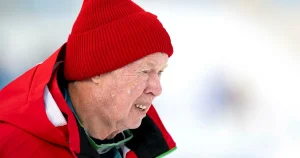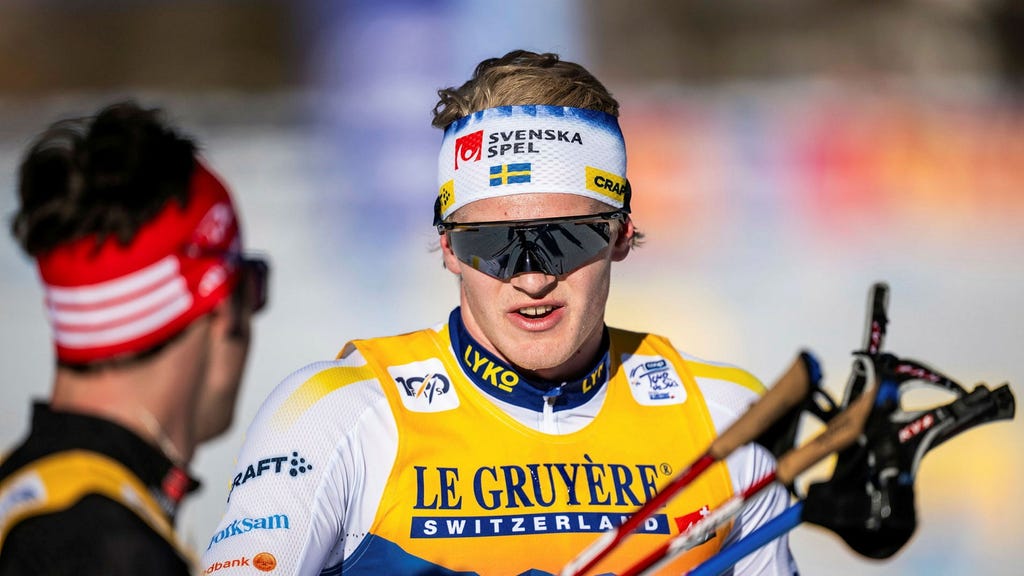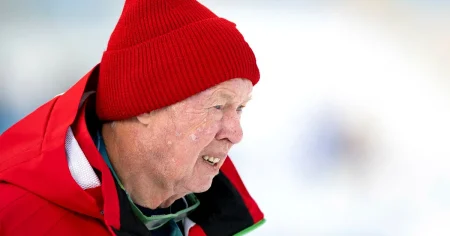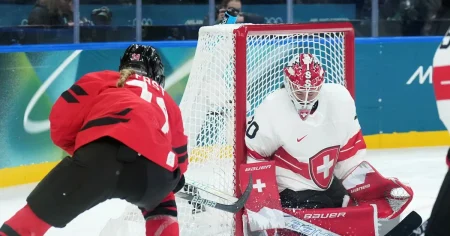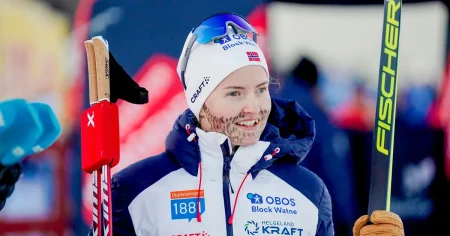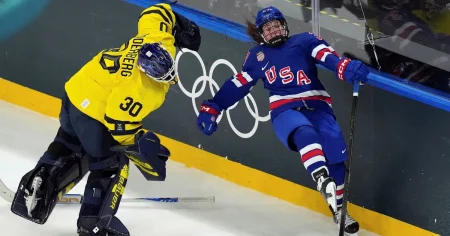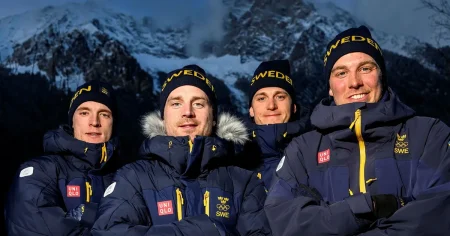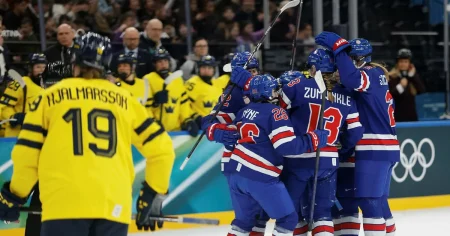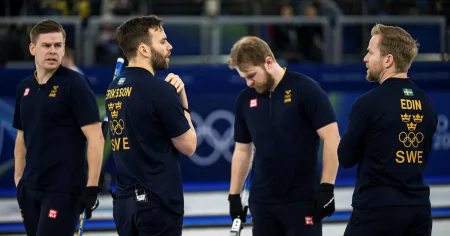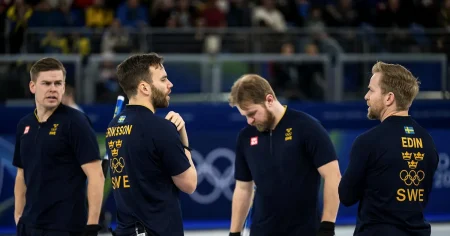Edvin Anger Maintains Strong Position in Tour de Ski After Challenging Third Stage
Edvin Anger, the young Swedish cross-country skiing prodigy, continued his impressive performance in the Tour de Ski, holding onto a commendable fifth place overall after the challenging third stage held in Toblach, Italy on New Year’s Eve. This 20-kilometer freestyle race, featuring an individual start format, tested the endurance and stamina of the athletes. While Anger, primarily known for his sprint prowess, expected a tough battle against the distance specialists, he displayed remarkable resilience and tactical awareness to maintain a strong position in the overall standings.
The third stage introduced a novel course design to the Tour de Ski, characterized by a grueling uphill climb for the first 10 kilometers, followed by a less strenuous downhill section in the second half. This unique topography presented a distinct challenge for the skiers, demanding both powerful climbing and controlled descent techniques. Anger, initially focused on accumulating sprint points, began the race with an optimistic pace, even clocking the fifth-fastest time at the 5.6-kilometer checkpoint. However, as the race progressed and the uphill climb took its toll, his pace understandably waned. He ultimately finished in 14th place for the stage, 1 minute and 14 seconds behind the stage winner, Simen Hegstad Krüger of Norway, who delivered a dominant performance.
Despite the time difference, Anger remained positive about his performance, expressing satisfaction to Viaplay, the official broadcaster of the event. He acknowledged the difficulty of the course and the formidable competition, especially from Krüger who seemed to be in a league of his own. His focus remained on the overall standings, where he maintained a respectable gap to the leader.
The stage victory propelled Krüger significantly up the leaderboard, tightening the overall race for the coveted Tour de Ski title. While Johannes Høsflot Klæbo of Norway retained the overall lead, Krüger’s stage win dramatically reduced the gap to a mere 16 seconds. This sets the stage for a thrilling battle in the subsequent stages. Anger, currently 1 minute and 17 seconds behind Klæbo, remains within striking distance and is focused on maintaining his top-five position.
Anger expressed contentment with his performance thus far, acknowledging the long road ahead but determined to hold his position. The demanding nature of the uphill section, followed by the opportunity to recover on the downhill, played a crucial role in the race dynamics. Anger found himself skiing alongside a group towards the end, allowing for some strategic drafting and energy conservation. He admitted that completing the final section alone would have been significantly more challenging, highlighting the importance of tactical positioning in such demanding races.
While Anger shone for the Swedish team, his compatriots experienced a more challenging day. William Poromaa and Jens Burman finished 18th and 28th respectively. Burman expressed disappointment with his ski performance in a post-race interview, suggesting that equipment issues may have hindered his progress. This highlights the critical role of ski preparation and performance in high-stakes competitions like the Tour de Ski.
The Tour de Ski continued on New Year’s Day with a 15-kilometer pursuit race, where skiers started based on their time deficits from the third stage. This format promises intense competition and potential shifts in the overall standings, as skiers battle to gain or maintain their positions. With the challenging terrain and the ever-present pressure of maintaining momentum, the Tour de Ski promises thrilling races in the stages to come. Anger’s strong performance so far positions him as a key contender, and his ability to adapt to the varied conditions and race formats will be crucial for his continued success. The Tour de Ski remains a captivating display of athleticism and endurance, and the competition is sure to intensify as the race progresses.




